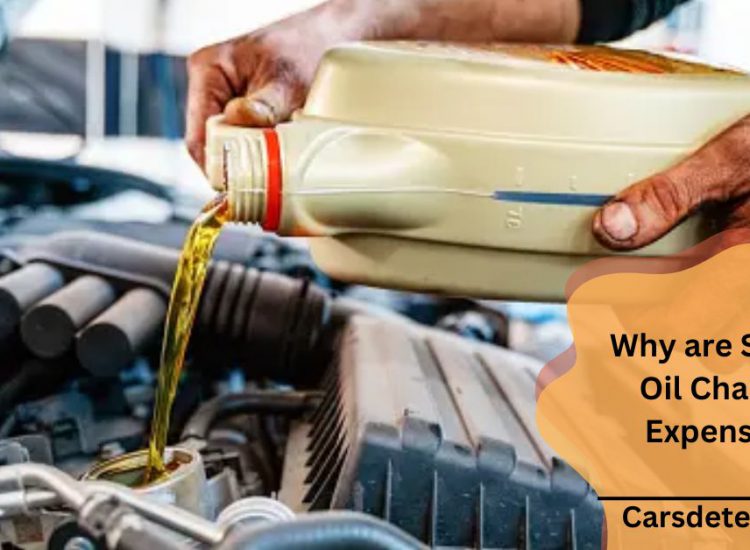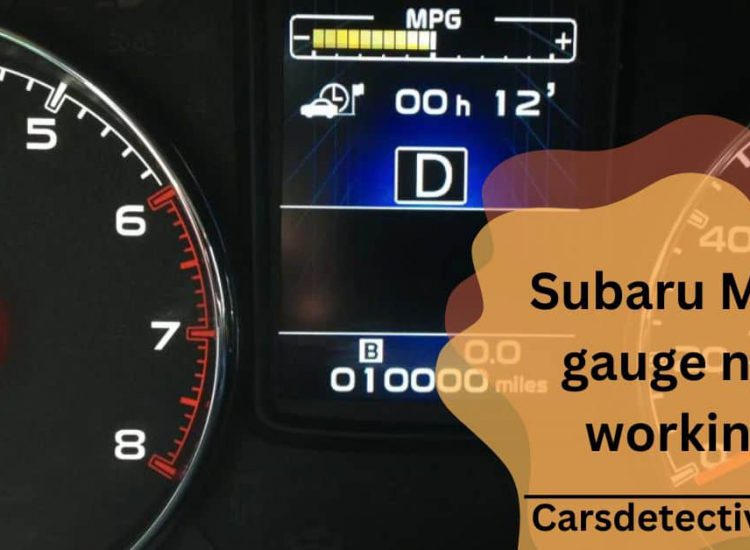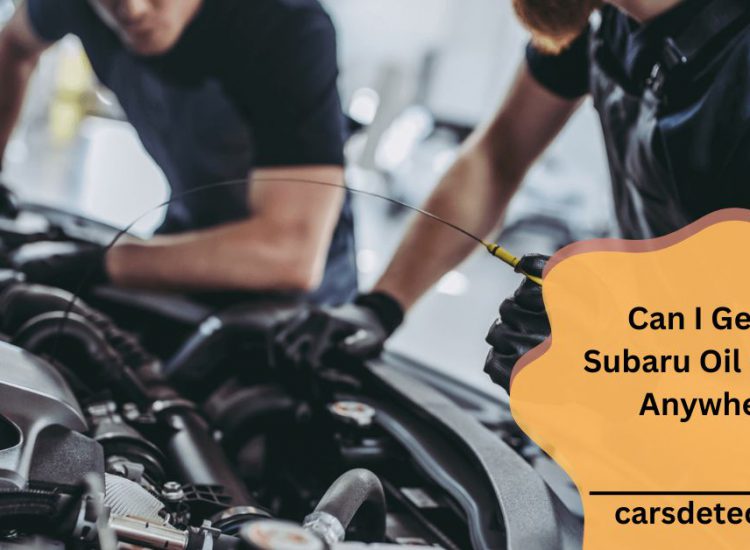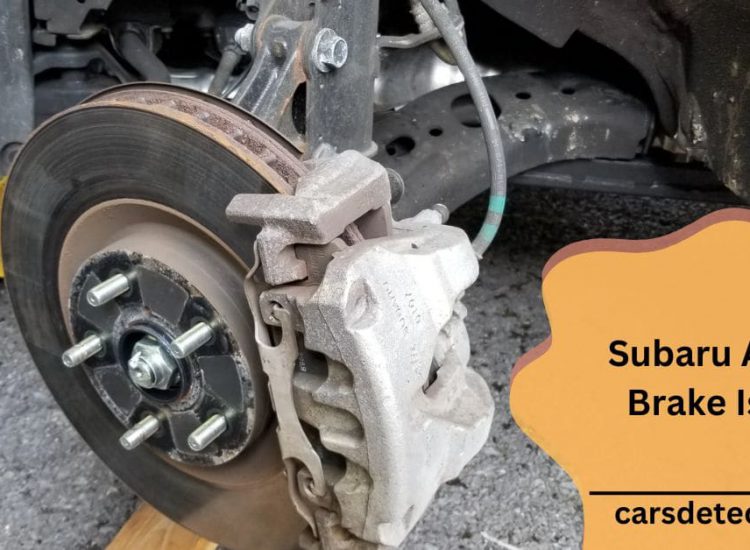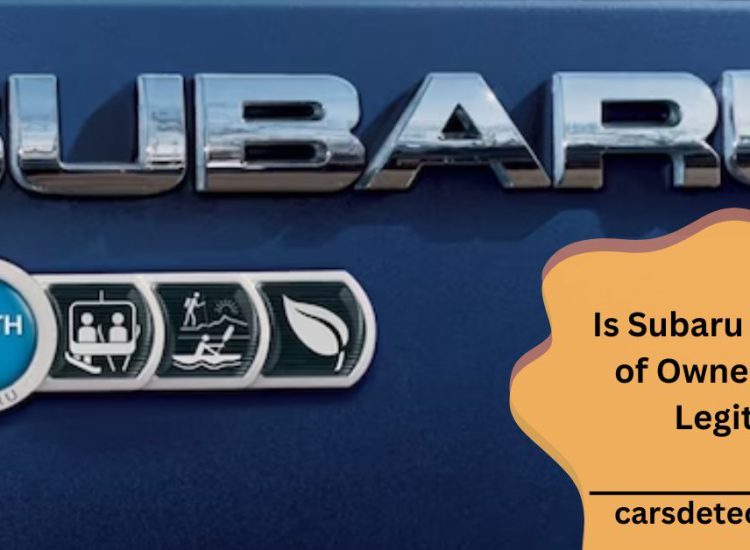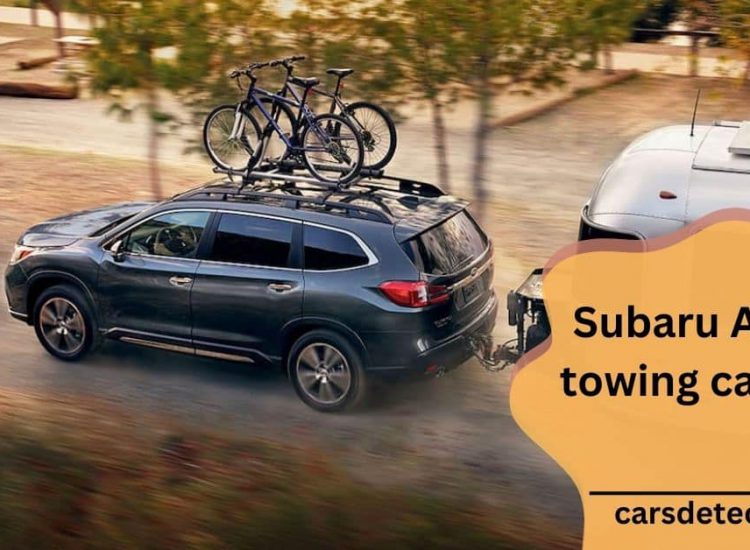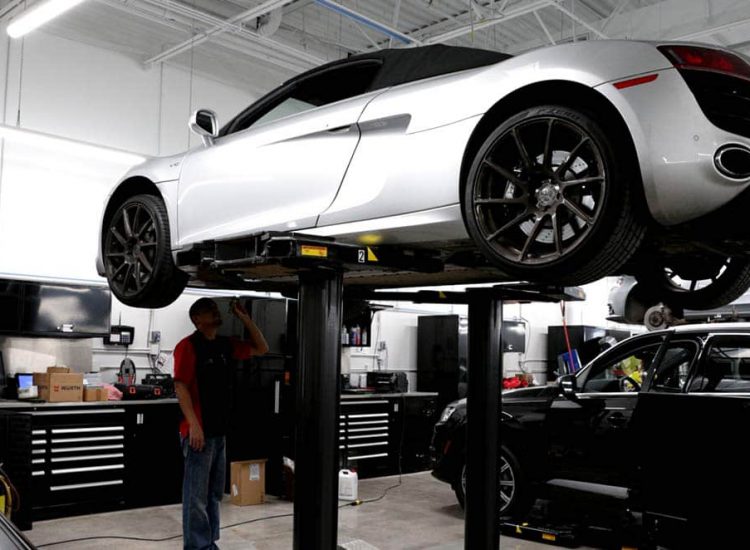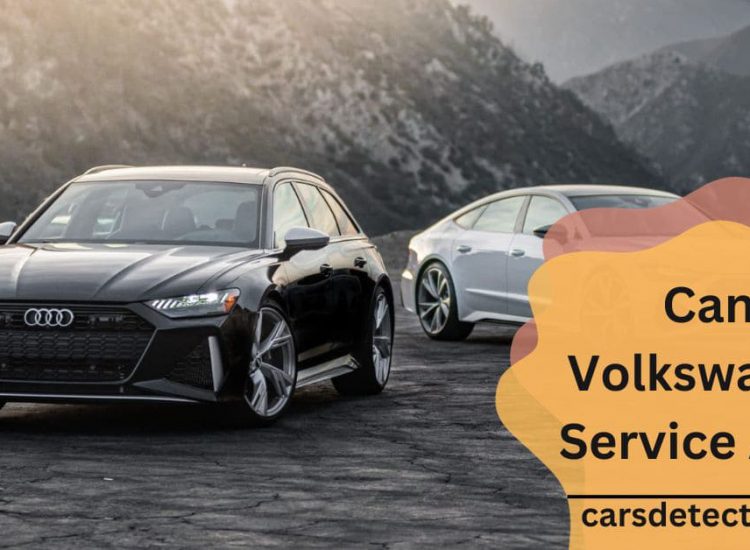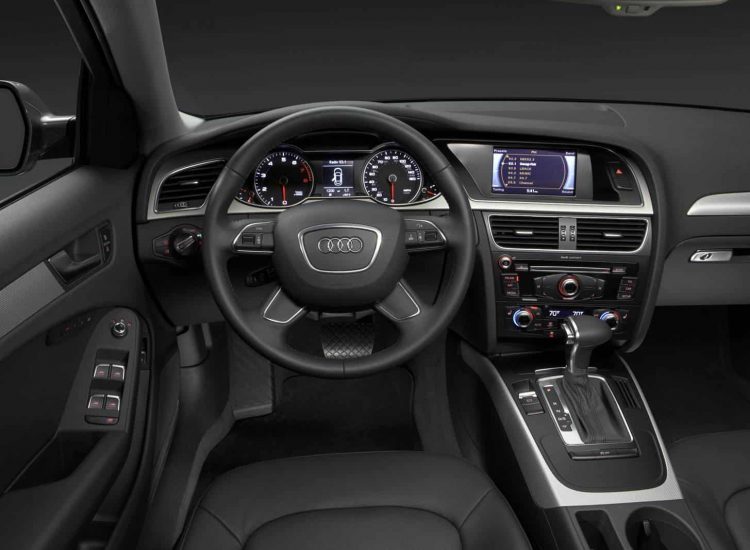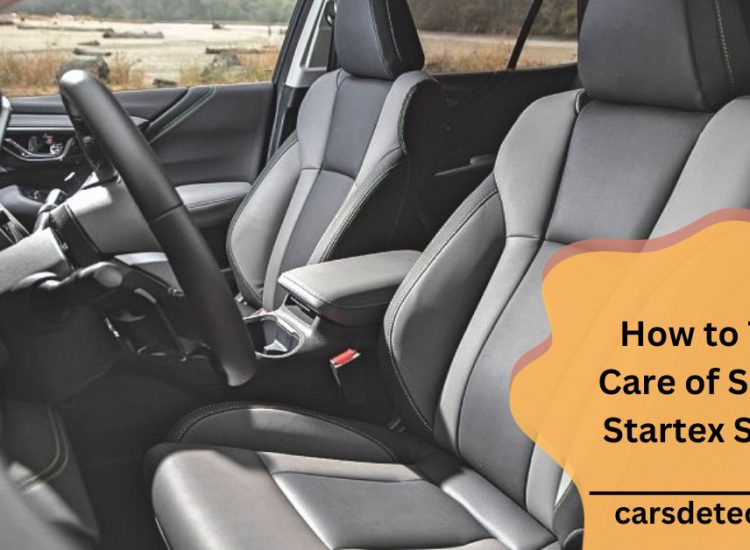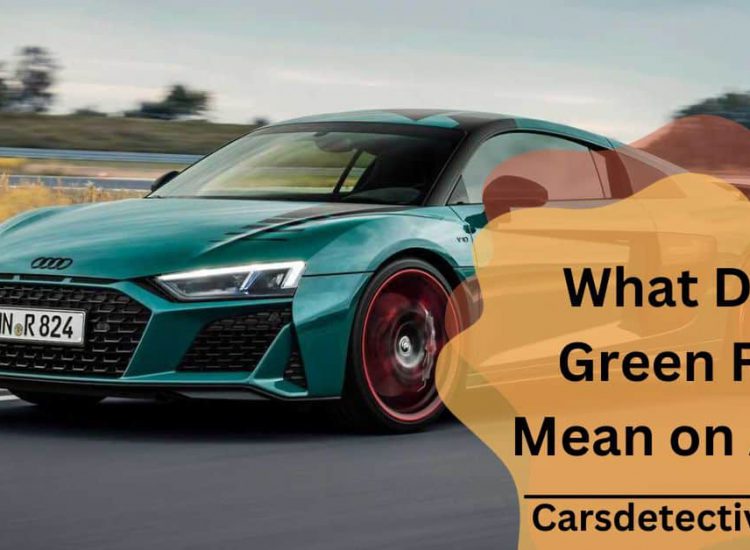If you observe your car experiencing jerks during low-speed acceleration, it’s crucial not to overlook this issue. A jerking vehicle typically indicates potential problems that may escalate if not promptly addressed through preventive maintenance or timely auto repairs.
Toc
- 1. Table of Contents:
- 2. Ten Reasons Your Car Could Jerk When It’s Accelerating – Brief Overview!
- 2.1. 1. Dirty Fuel Injectors:
- 2.2. 2. Fuel Blockages:
- 2.3. 3. Worn Out Spark Plugs:
- 2.4. 4. Dirty Air Filters:
- 2.5. 5. Damaged Cylinders:
- 2.6. 6. Blocked Catalytic Converters:
- 2.7. 7. Damaged Gas Lines:
- 2.8. 8. Damaged Acceleration Cables:
- 2.9. 9. Defective Carburetors:
- 2.10. 10. Moisture on the Distributor Cap:
- 3. Jerks When Accelerating Causes: Subaru Legacy – Let’s Check!
- 4. How can one fix a Subaru that jerks while it accelerates?
- 5. When a Subrau is shaking, is it safe to drive? – Let’s Check!
- 6. Frequently Asked Questions:
- 6.1. How can I diagnose the jerking issue in my Subaru during acceleration?
- 6.2. Is a dirty fuel injector a common cause of acceleration jerking in Subarus?
- 6.3. How important is it to address acceleration jerking promptly in a Subaru?
- 6.4. Are there software updates that can resolve acceleration issues in Subarus?
- 6.5. Should I seek professional help if my Subaru continues to jerk during acceleration?
- 7. Conclusion:
Possible causes for a Subaru jerking when accelerating include transmission, fuel, or ignition system issues. It’s recommended to have the car inspected by a qualified mechanic for accurate diagnosis and repairs.
This guide aims to assist you in understanding the reasons behind your car’s jerking. If you want additional information about Subaru, let’s begin your learning journey with Carsdetective.
Table of Contents:
Ten Reasons Your Car Could Jerk When It’s Accelerating – Brief Overview!
1. Dirty Fuel Injectors:
Accelerator jerkiness often stems from dirty fuel injectors, resulting in power loss during acceleration and inconsistent driving speeds due to engine misfires.

2. Fuel Blockages:
Obstacles preventing proper fuel supply can hinder acceleration. Interruptions in the air-fuel spray mix, essential for engine power, may cause your car to struggle when accelerating.
3. Worn Out Spark Plugs:
Worn spark plugs can impede the fast ignition of fuel in the piston, causing slower acceleration. Fortunately, replacing spark plugs is a relatively inexpensive fix.
4. Dirty Air Filters:
While crucial for engine cleanliness, air filters can accumulate pollutants over time, affecting acceleration. Ensuring regular cleaning or replacing air filters is essential for preserving the engine’s peak performance.
Read Also: Best Subaru Forester Year – Comprehensive Guide!
5. Damaged Cylinders:
Engine misfires may result from damaged cylinders, impacting overall engine functionality. Timely notification to a mechanic is crucial to repair or replace damaged cylinders and prevent further engine issues.

6. Blocked Catalytic Converters:
Blockages in the catalytic converter can lead to a rich air-fuel mixture, causing jerking sensations during acceleration. Catalytic converter cleaners may help, but professional assistance might be necessary for severe cases.
7. Damaged Gas Lines:
Issues in gas lines can lead to a loss of pressure, causing jerking during acceleration. Regular checks for holes in the fuel line are essential to prevent engine damage or even fires in extreme cases.
8. Damaged Acceleration Cables:
Damage to the acceleration cable connecting the gas pedal to the throttle plate can result in jerky acceleration. Ensuring the proper functioning of this cable is crucial for smooth driving.
9. Defective Carburetors:
Carburetor damage affects the fuel and air mixture control, leading to jerky acceleration and poor performance. Addressing carburetor issues is essential for optimal engine function.
10. Moisture on the Distributor Cap:
Moisture accumulation on the distributor cap, common in snowy conditions, can cause hesitation and jerk during acceleration. Parking in a warmer location can prevent this issue during the winter months.
Read Also: Subaru Wireless Charger Not Working – Don’t Miss Out!
Jerks When Accelerating Causes: Subaru Legacy – Let’s Check!
If the check engine light is illuminated, the first step is to use an OBDII scanner to retrieve diagnostic trouble codes. Numerous automotive parts retailers provide this service at no cost. Identifying the specific issues is crucial for resolving acceleration jerking in your Subaru Legacy.

1. Engine Misfire:
The most common cause of jerking during acceleration is engine misfiring. Spark plugs and coil packs are often responsible. Misfires can result from worn spark plugs, faulty coil packs, or malfunctioning spark plug wires. Regular maintenance and timely replacement of these components can prevent misfires.
2. Exhaust System Problems:
The Legacy’s exhaust system is vital in emissions control and air/fuel mixture regulation. Issues such as a clogged catalytic converter, faulty oxygen sensors, or damage to the exhaust pipe can lead to jerking during acceleration. Regular inspection and addressing of these exhaust system components are essential for optimal performance.
Read Also: Subaru Beeps 5 Times When Locking – Everything you need to know!
3. Engine Timing Concerns:
Modern vehicles rely on crank and cam sensors for precise ignition timing. Problems with these sensors or a jumped timing chain can result in engine timing issues, leading to jerking during acceleration. Unusual sounds under the timing cover may indicate a jumped timing chain, while sensor malfunctions can be diagnosed through proper testing.
4. Fuel System Irregularities:
Efficient acceleration relies on a fuel system that is operating correctly. Clogged or malfunctioning fuel injectors, a failing fuel pump, or a blocked fuel filter can result in insufficient fuel pressure at the fuel rails, causing jerking sensations during acceleration. Regular fuel system checks and timely replacements are essential for optimal performance.

5. Air System Issues:
A blocked air intake or a dirty air filter can disrupt the air-fuel ratio, causing jerking during acceleration. Quick checks, such as inspecting the air filter and ensuring the air intake is evident, can help maintain proper airflow for smooth engine operation.
6. Faulty Motor or Transmission Mounts:
Motor and transmission mounts connect the engine and transmission to the chassis. Failure of these mounts can lead to jerking sensations during acceleration, braking, or gear changes. Regular inspection and replacement of damaged mounts are necessary to ensure a stable connection between the powertrain and chassis.
Read Also: Audi Q5 Towing Capacity – Unleash Your Adventures!
How can one fix a Subaru that jerks while it accelerates?
When a Subaru jerks during acceleration, it could be due to several reasons. One common cause is issues with the fuel system, like clogged injectors or a dirty fuel filter. It might be beneficial to clean or replace these parts.

- Faulty sensors, such as the mass airflow sensor (MAF) or throttle position sensor (TPS), can also lead to jerking. Cleaning or replacing these sensors may be required.
- Problems in the ignition system, like worn-out spark plugs or a malfunctioning ignition coil, can contribute to jerky acceleration. Frequent upkeep may be beneficial, including inspecting and changing the spark plugs.
- Transmission or clutch issues, such as low fluid levels or a failing torque converter, may cause jerking. Ensuring proper transmission fluid levels and addressing transmission problems can help.
- Drivetrain issues, like worn-out CV joints or a malfunctioning differential, can be culprits. These components need to be thoroughly inspected.
- Electronic control module (ECM) or engine control unit (ECU) issues might be a factor. Diagnostic tools may be needed to identify and address these problems.
In summary, fixing jerking during acceleration involves addressing issues of the fuel system, sensor, ignition, transmission, drivetrain, and electronic control module. Regular maintenance and timely problem identification are crucial. If the issue continues, see a technician for expert assistance.
Read Also: Subaru vs Toyota – Everything you need to know!
When a Subrau is shaking, is it safe to drive? – Let’s Check!
If your Subaru is shaking, it may indicate a problem that needs attention. The shaking could be caused by issues such as imbalanced tires, worn-out suspension components, or problems with the engine.
Paying attention to this issue is essential, as driving with a shaking Subaru can be unsafe and may lead to further damage. For example, an imbalanced or damaged tire could affect your vehicle’s handling and increase the risk of a tire blowout.

To ensure safety, having your Subaru inspected by a qualified mechanic as soon as possible is recommended. They can identify the root cause of the shaking and address any necessary repairs. Continuing to drive a shaking vehicle without addressing the underlying problem may compromise your safety and the reliability of your Subaru.
Read Also: Audi Q7 years to Avoid – Stay informed and make the right choice!
Frequently Asked Questions:
How can I diagnose the jerking issue in my Subaru during acceleration?
Diagnosing the problem involves checking spark plugs, inspecting the fuel system, and scanning for error codes using an OBD-II scanner.
Is a dirty fuel injector a common cause of acceleration jerking in Subarus?
A dirty or clogged fuel injector can disrupt the fuel flow, leading to jerking during acceleration. Regular fuel system cleaning may help prevent this.
How important is it to address acceleration jerking promptly in a Subaru?
Prompt attention is crucial, as ignoring jerking issues may lead to further damage, reduced fuel efficiency, and potential safety hazards. Timely diagnosis and repair are recommended.
Are there software updates that can resolve acceleration issues in Subarus?
Subaru releases software updates to address various issues, including performance concerns. Checking for updates and consulting with a dealership can be part of troubleshooting.
Should I seek professional help if my Subaru continues to jerk during acceleration?
Yes, if DIY solutions don’t resolve the issue, it’s recommended to consult a qualified mechanic or Subaru dealership to conduct a comprehensive diagnosis and perform necessary repairs.
Conclusion:
At the end of the conclusion,
A Subaru experiencing jerking during acceleration may be attributed to issues within its transmission, fuel system, or ignition system. It is advisable to have the vehicle examined by a skilled mechanic for a precise diagnosis and necessary repairs.
Determining the cause of your Subaru Legacy’s jerking during acceleration might be tricky. The issues mentioned should typically trigger the check engine light, except for a faulty motor/transmission mount. Good luck with identifying and addressing the problem!

